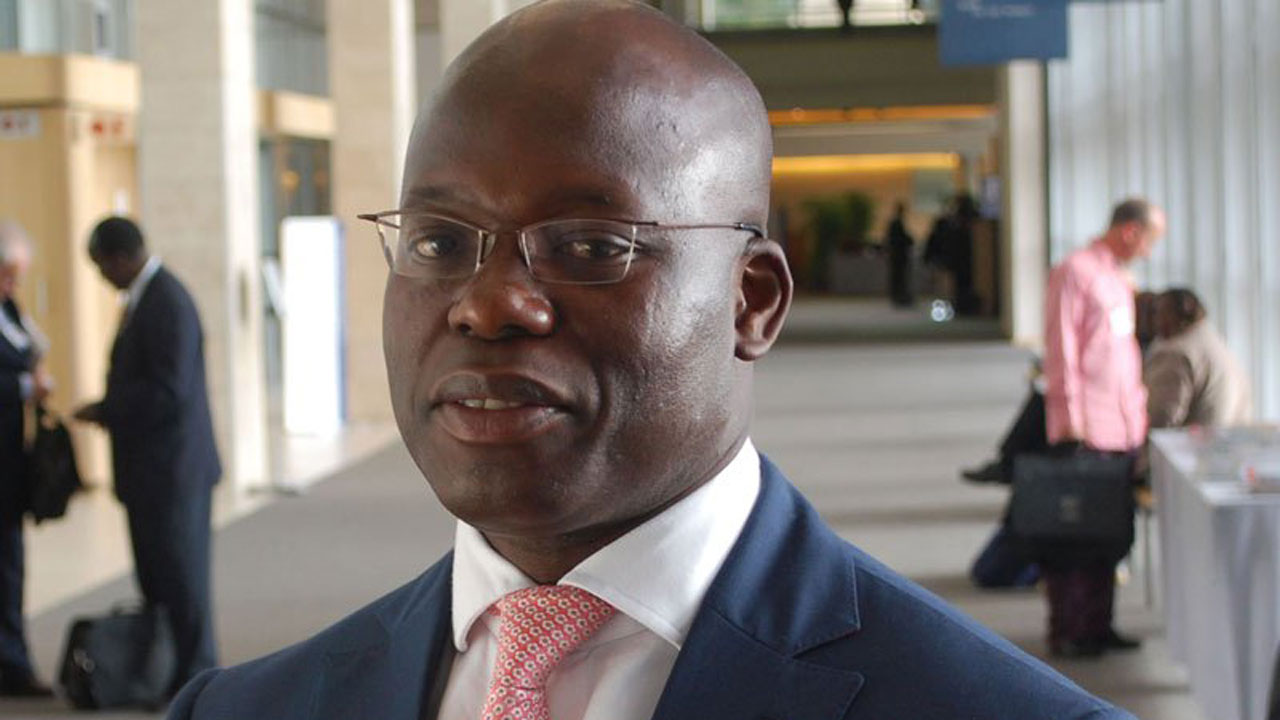
Shareholders lament effect of renewed conflict on stock market
The crisis rocking Oando Plc has assumed a new dimension as a London Court of International Arbitration (LCIA) ordered its Chief Executive Officer, Wale Tinubu and his deputy, Mofe Boyo to pay $680 million debt (about N244.8b) to Gabriele Volpi’s Ansbury Investments Incorporated. In a statement yesterday, LCIA in its resolution on July 6, 2018 agreed that Ocean and Oil Development Partners (OODP) and British Virgin Islands, which owns 55.96 per cent of Oando PLC was indebted to Ansbury Investment Incorporated with $600 million or N216 billion.
Confirming the LCIA verdict, counsel to Ansbury Investment, Andrea Moja, said the Court also noted that another firm-Whitmore Asset Management Limited, owned by Tinubu and Boyo, was owing Ansbury Investment an additional $80m (or N28.8b), bringing Oando’s managers’ total indebtedness to Ansbury Investment to $680m.
“The award has been communicated to the parties on July 9, 2018 and the key terms are as follows: The claim of Whitmore Asset Management Limited that the parties agreed to a binding Fourth Shareholders Agreement was rejected.
“The Court upheld the position that the third shareholders agreement is fully and legally binding between the parties as stated by Ansbury Investments Inc. The alleged agreement by which Whitmore Asset Management Limited was to hold 60 per cent Of Ocean And Oil Development Partners (BVI) Ltd is not binding on the parties.
“Given the above, Ansbury Investments will immediately submit an application to the LCIA in which it will be asked to charge Whitmore Asset Management Limited for the interests due and legal expenses,” the statement reads.Crises had erupted in Oando Plc in September 2017, when aggrieved shareholders of the company, who were concerned about its future in view of some unresolved corporate governance issues relating to its financials protested during the Group’s Annual General Meeting (AGM) in Uyo, Akwa Ibom State.
Leader of the shareholders, Clement Ebitimi, had accused Oando’s management of mismanagement, following allegations of infractions filed against it by Ansbury Incorporated and Dahiru Mangal on October 18, 2017.When the disagreement broke in 2017, Ansbury also petitioned the Securities and Exchange Commission (SEC) in May, accusing Oando of mismanagement, cooking of its books and high indebtedness.
Subsequently, the NSE, acting on a SEC directive, announced the suspension of trading in the shares of Oando Plc from October 20, 2017, followed with a forensic audit of the company amounting to N160m.Afterwards, Oando filed a court order restraining the suspension of its shares and accusing SEC of bias in the management of the crises, even as it noted that the penalties for alleged infraction far outweighed the offence.
When contacted, Oando said it was aware of the matter, adding that the company was still compiling its response.Meanwhile, capital market stakeholders wondered why the crises surfaced after both parties reached an agreement to renew their relationship, saying the renewed crises would ultimately have negative effects on the market.
Specifically, the Nigeria Shareholders Solidarity Association (NSSA) said the warring parties should have reserved their ammunition till the final results from Oando’s stakeholders forensic-audit because of its international implications on the capital market and the Nigerian economy.President, Independent Shareholders Association of Nigeria (ISAN), Adeniyi Adebisi, lamented that the crisis was coming at a time when political anxiety and insecurity have eroded investors’ confidence in the market.
[ad unit=2]



